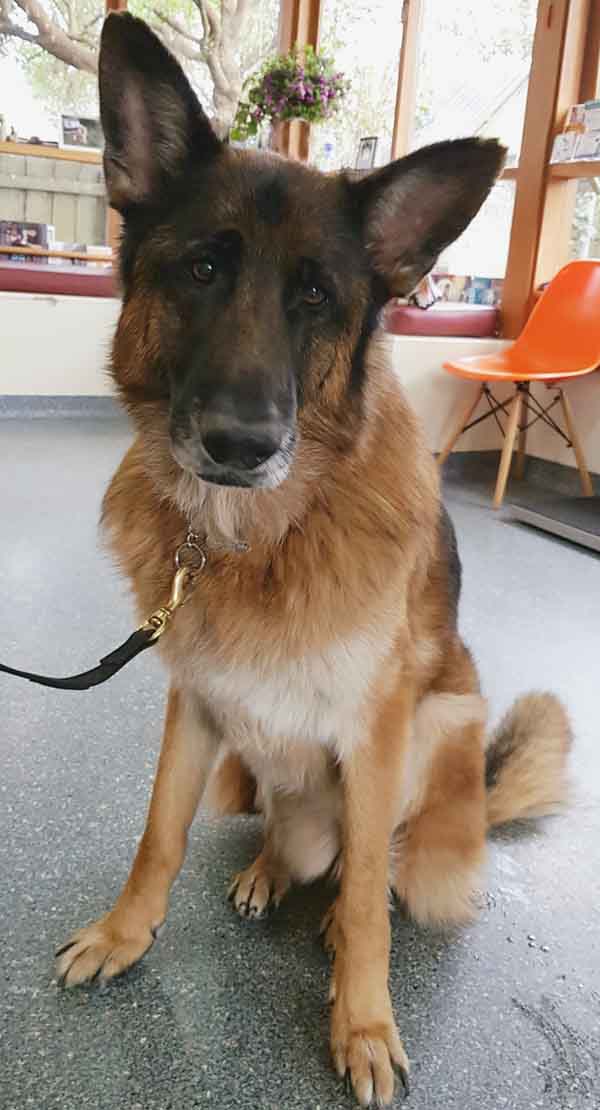Antibiotics
Howard Florey’s first use of Penicillin to cure disease, in 1942, opened a new era in western medicine. Previously fatal infections became easily curable with antibiotics. They have since become a cornerstone of western medicine, prescribed routinely by most western doctors and vets in almost any situation where a bacterial infection has taken hold or is likely to occur.
But widespread use of antibiotics has led to some problems.
Resistance
Microorganisms are constantly evolving, and find ways to defeat challenges. With antibiotics being widely used as a first option in fighting disease, sold without prescription by the pill in third world countries, and fed in huge quantities to healthy farm animals to make them grow faster, strains of bacteria that are immune to antibiotics are becoming increasingly common. New antibiotics are not being discovered fast enough, and the ‘antibiotic era’ of western medicine may be drawing to a close.
Gut microflora
Our bodies, and those of animals, are host to vast numbers of microorganisms of many diverse species. They live on our skin, in our mouths, our nose and in our gut. These are not enemies, but essential to good health. There are roughly as many bacterial cells in our gut as there are human cells in our entire body. They interact with us in many subtle ways that keep us well nourished and healthy.
Only in recent years have new tools based on DNA analysis allowed scientists to begin to understand these interactions, and it has become clear that antibiotics can wipe out whole families of gut microbes, leaving us less healthy as a result. Obesity, many allergies, even some mental health issues, for example, may be substantially due to reduced diversity of gut microflora as a result of excessive antibiotic intake.
Our approach
Healthy animals have very active immune systems that can successfully fight most infections. We work with this innate ability using herbs and other treatments to regain energetic balance and stimulate self-healing. In most cases, we find that problems can be resolved without the need for antibiotics.
There are some situations in which an animal is unable to fight an infection, and an antibiotic may then be a pragmatic choice. In these relatively rare cases we will carefully choose an antibiotic matched to the infection, if necessary growing test cultures. We will not prolong the treatment beyond what is strictly necessary, and strive to keep the animal’s overall exposure to antibiotics to a minimum.
Animals already on antibiotics
We frequently see animals that have been given high doses of antibiotics repeatedly or over a long term. They are brought to us because despite prolonged treatment, they remain unwell. Using herbal treatments we wean them off the antibiotics. This can produce an immediate improvement. We can then work with other therapies, often including dietary changes, to bring them fully back to health.
Jaeger
 Jaeger, a 7yo German Shepherd, came to us with intractable itches in December 2015. He had started itching at 18 weeks, and also his bowel did not work well and diarrhoea was frequent. Jaeger was never hungry and often he would not feel like eating for days.
His back legs were not strong and he walked dragging his toes.
Jaeger, a 7yo German Shepherd, came to us with intractable itches in December 2015. He had started itching at 18 weeks, and also his bowel did not work well and diarrhoea was frequent. Jaeger was never hungry and often he would not feel like eating for days.
His back legs were not strong and he walked dragging his toes.
He had been on various antibiotics plus Atopica (cyclosporin) for a year before coming to us, with intermittent cortisone as well, but the problems persisted.
After 6 weeks of acupuncture and herbs Jaeger was much improved. He has now gone 12 months without complaining of gut dysfunction or itching. Jaeger has acupuncture about every month. He is happy, more active and eats readily, and now needs only a few generic herbs.